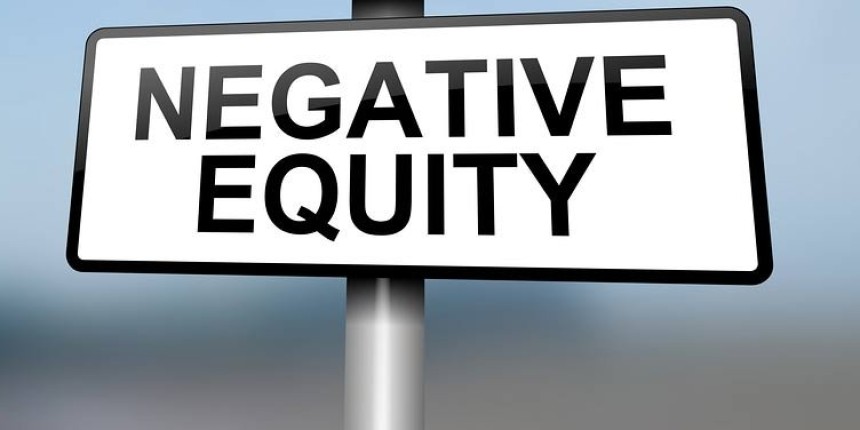
How Do I Increase My Fico 8 Score?
Your Fico 8 score is a model that determines the likelihood of you making on time payments by lenders. This score can be improved. See how to raise your Fico 8.
Your FICO 8 score, one of the most commonly used credit scores, is a crucial factor in determining your creditworthiness. Whether you're looking to secure a loan, obtain a credit card, or just improve your financial health, understanding and improving your FICO 8 score can have significant benefits. This guide will provide you with actionable steps to enhance your credit score and achieve better financial outcomes.
1. Understand Your Current ScoreBefore you can improve your FICO 8 score, it's essential to know where you stand. Obtain your current credit report and FICO 8 score from a reliable source. Many credit monitoring services offer free access to your score, and you can also request a free credit report from each of the three major credit bureaus—Equifax, Experian, and TransUnion—once a year through AnnualCreditReport.com.
2. Pay Your Bills on TimePayment history is the most significant factor affecting your FICO 8 score, accounting for about 35% of your score. Consistently paying your bills on time is crucial for maintaining a healthy credit score. Late payments, especially those that are 30 days or more overdue, can negatively impact your score.
To ensure timely payments, consider setting up automatic payments for your bills or using reminders on your phone or calendar. If you’ve missed payments in the past, it’s important to focus on establishing a pattern of punctuality moving forward.
3. Reduce Your Credit Utilization RatioCredit utilization ratio refers to the amount of credit you’re using relative to your total available credit. It accounts for about 30% of your FICO 8 score. Ideally, you should aim to keep your credit utilization below 30%. For example, if you have a credit limit of $10,000, try to keep your outstanding balance below $3,000.
To lower your credit utilization ratio:
- Pay down existing credit card balances: Focus on reducing high-interest debt first.
- Increase your credit limits: Request a credit limit increase from your creditors but avoid increasing your spending in response.
- Open a new credit account: If managed responsibly, a new account can increase your total available credit and improve your utilization ratio. However, be cautious about applying for too many new accounts in a short period, as this can negatively impact your score.
Your credit mix accounts for approximately 10% of your FICO 8 score. Having a diverse range of credit types, such as credit cards, installment loans, and retail accounts, can positively impact your score. However, don’t take on new credit just to diversify; only apply for credit you genuinely need and can manage responsibly.
5. Avoid Opening Too Many New AccountsEach time you apply for a new credit account, a hard inquiry is made on your credit report. While a single hard inquiry has a minor effect on your score, multiple inquiries within a short period can significantly impact it. Avoid opening new credit accounts unless absolutely necessary.
If you’re considering a major purchase that requires new credit, such as a mortgage or auto loan, try to minimize other credit inquiries in the months leading up to your application.
6. Check Your Credit Report for ErrorsErrors on your credit report can negatively affect your FICO 8 score. Regularly review your credit reports from all three major credit bureaus for inaccuracies, such as incorrect account balances, outdated personal information, or accounts that don’t belong to you.
To dispute errors, contact the credit bureau that issued the report with the inaccuracies. Provide supporting documentation to substantiate your claim. The bureau is required to investigate and correct errors, typically within 30 days.
7. Manage Existing Debt WiselyDebt management plays a significant role in improving your credit score. Develop a plan to manage and reduce your debt, prioritizing high-interest accounts first. Here are some strategies:
- Create a budget: Outline your income and expenses to better understand your financial situation and allocate funds toward debt repayment.
- Consider debt consolidation: If you have multiple high-interest debts, consolidating them into a single lower-interest loan can make repayment more manageable.
- Explore balance transfer options: Transferring high-interest credit card balances to a card with a lower interest rate can help you save on interest and pay down debt faster.
The length of your credit history affects about 15% of your FICO 8 score. A longer credit history generally benefits your score, as it demonstrates your experience with managing credit over time.
Avoid closing old credit accounts, even if you’re not using them frequently. The length of these accounts contributes positively to your credit history. However, if you must close accounts, consider closing newer accounts or those with high fees, rather than older, established ones.
9. Use Credit ResponsiblyBuilding and maintaining a good credit score requires responsible credit use. This includes:
- Making only necessary purchases: Avoid using credit for non-essential items.
- Paying more than the minimum: Paying off your balance in full or making larger payments helps reduce your debt and interest charges.
- Keeping track of your spending: Monitor your credit card statements and account balances to avoid overspending.
If you’re struggling to improve your credit score on your own, consider seeking advice from a credit counseling service or financial advisor. These professionals can provide personalized guidance, help you develop a debt management plan, and offer strategies to enhance your creditworthiness.
ConclusionImproving your FICO 8 score takes time and effort, but the benefits are well worth it. By following these strategies—paying your bills on time, reducing your credit utilization, managing existing debt wisely, and maintaining a healthy credit mix—you can enhance your credit score and enjoy better financial opportunities.
Remember, credit improvement is a gradual process. Stay committed to responsible credit habits, regularly monitor your progress, and make adjustments as needed. With patience and diligence, you’ll be on your way to achieving a higher FICO 8 score and better overall financial health.





